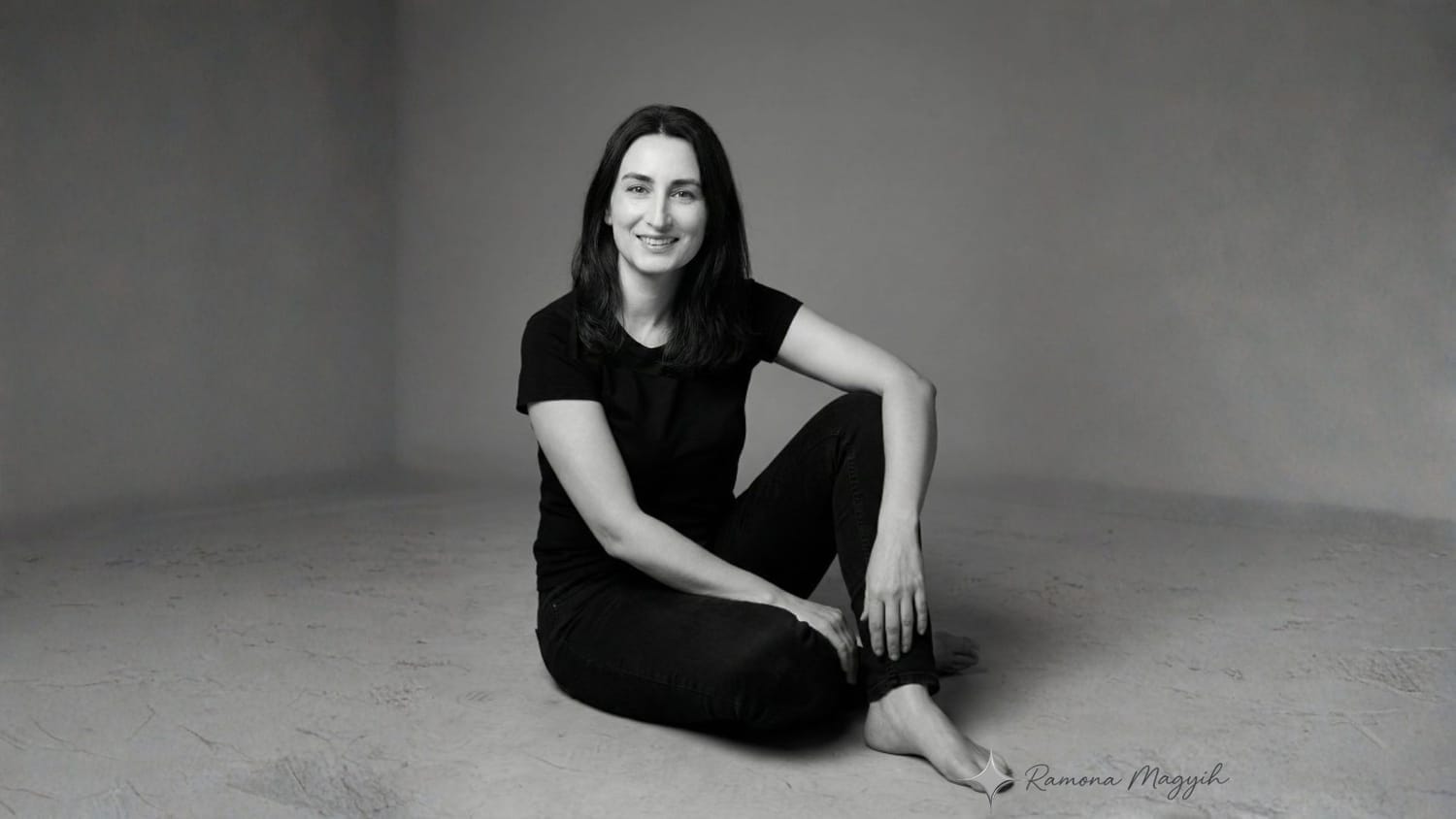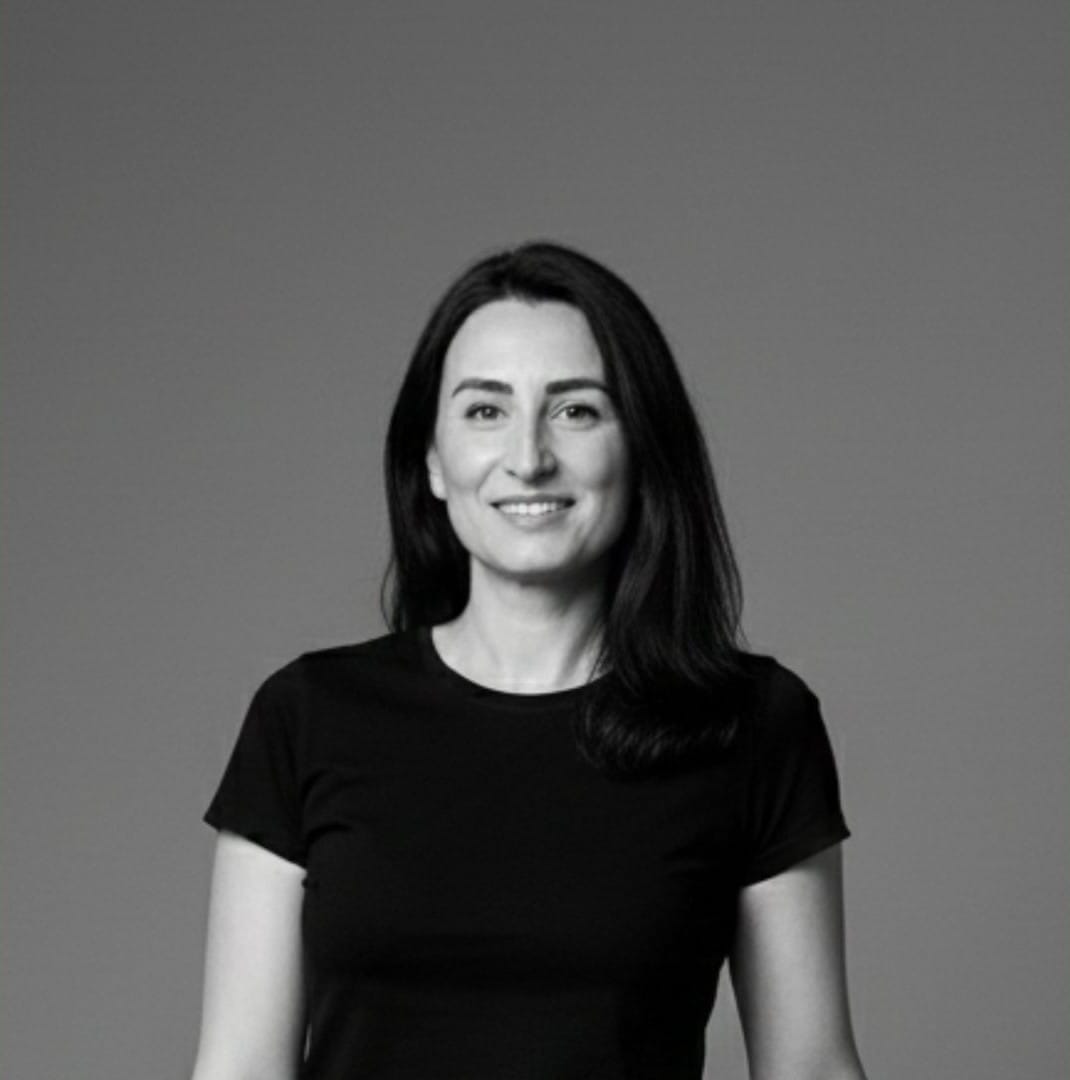The Hidden Storm Behind Overthinking
Overthinking isn’t just mental noise, it’s your mind trying to create safety when your body feels on edge. I wrote this article about how chronic rumination stems from fear, control, and survival, and how healing begins by calming the body, not silencing the mind.
The Truth About Overthinking
On the outside, it just looks like thinking. Like you’re weighing your options. Like you’re being “thorough” or “cautious” or just really detail-oriented.
But inside?
Inside, it’s chaos. Because overthinking doesn’t feel like power. It feels like drowning in possibilities. It feels like fear in disguise.
And no one tells you that. No one tells you that overthinking isn't a personality quirk. It's not just being “type A” or “too analytical.” It’s what happens when your body doesn't feel safe and your mind tries to fix it.
That’s the part that gets missed.
Overthinking is not a head problem...it’s a nervous system problem. It’s the mind's attempt to create order when everything inside feels like it’s slipping. It’s your brain turning over every possible outcome because it’s terrified of feeling powerless again.
Maybe it started after something unpredictable happened... a breakup, a betrayal, a trauma, a loss. Or maybe you just grew up in an environment where you were constantly on edge, learning that safety had to be earned, calculated, controlled.
So now, the habit of thinking everything through three, four, twenty times isn’t about logic...it’s about survival. It’s your mind screaming:
Maybe if I understand everything, I won’t get hurt again.
Maybe if I anticipate every possible scenario, I can finally exhale.

How Trauma and Fear Shape Thought Loops
But here’s the brutal irony:
You don’t actually feel safer. You just feel exhausted. Because thinking and thinking and thinking never brings the relief you’re looking for.
It doesn’t bring peace.
It brings paralysis.
It traps you in indecision, steals your sleep, hijacks your joy.
You sit there at 2AM going over a conversation from three days ago like you’re still trying to win an argument that never even happened. You replay texts, you analyze tones, you rehearse goodbyes.
But you’re not moving forward. You’re just spinning.
Because your mind is trying to do the job of your nervous system, trying to regulate emotions by obsessing over outcomes. But it doesn’t work like that.
You can’t think your way into safety. You have to feel your way there. Which is terrifying, I know. Because feeling means surrender. It means admitting you can’t control every detail. It means learning to sit with discomfort without fixing it.
But that’s the real work. Not to stop thinking, but to listen to what the overthinking is protecting.
To ask, what am I afraid of right now? To pause and check in with your body instead of just pushing through the mental noise.
Sometimes, the most radical thing you can do is close your eyes, unclench your jaw, and say,
“I don’t need to solve this right now.”
“I am safe, even if I don’t know what happens next.”
Redefining Overthinking
It’s not easy. But it’s possible.
You are not broken for spiraling.
You are not weak for being afraid.
You are not failing because your brain won’t shut up.
You are a human being whose mind is doing its best to keep you alive in a world that has, at times, made you feel unsafe.
And maybe, just maybe, the next time you find yourself stuck in that loop, you’ll remember:
It’s not about thinking less.
It’s about learning to feel safe enough that you don’t have to think so much.
I hope you enjoy reading this blog post. If you'd like to explore it more deeply, read more in this series of thoughts.

HEY, I’M RAMONA…
... And I write for women who shut down instead of breaking down, women who overthink everything, say nothing, and carry their whole life quietly inside.
I don’t write for the confident part of you. I write for the trembling one.
The overthinking one.
The one who apologizes before they breathe.
The one who’s been “strong” for so long, it became a kind of loneliness.
I don’t write for virality. I write for recognition. For the moment, someone whispers, “I didn’t know anyone else felt this.”
That is the metric I serve.
I hope my words and thoughts connect with you.
Let’s understand and heal the part of you that panics, shuts down, or attacks itself. Start with whatever feels gentlest.
contact@startsera.com
LET'S CONNECT
NEWSLETTER
Subscribe to be friends and stay in touch.
© Copyright Zontap 2025-2026 | Cookies Policy | Privacy Policy | Terms of use|
Created with © Systeme.io




